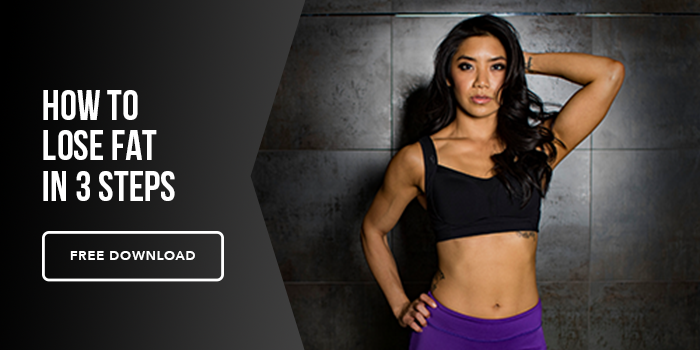Health and fitness trends seem to come and go, but fasting has been a topic of interest for quite some time. My initial reaction to fasting was immediately full of skepticism, and my reservations held me back from learning more about this practice.
The reason why I was so hesitant to learn more about fasting was because so many people thought it was the answer to their weight-loss problems, that variations of fasting would be the solution they’ve been looking for. I didn’t think this was a healthy strategy for weight loss, and dismissed the notion that fasting can be good for you, in any way.
But, I have learned that fasting does have its benefits. Is it good for you? It can be! But it all depends on what you want to use fasting for.
What Is Fasting?
Fasting focuses on not what you eat, but when you eat. Those who fast will not eat for an extended period of time, then eat in a shorter window of time.
A popular fasting strategy is the 8:16 rule: you fast for 16 hours and eat for 8. An eating schedule example could be eating between 8 a.m. and 4 p.m., or 10 a.m. and 6 p.m.
There are also more extreme methods. One example would be alternate-day fasting, when you fast on alternate days, and on your “fast” days, you eat about 25% of what you would normally consume. You can also do whole-day fasts, where one or two days a week, you fast for a full 24 hours.
Is It Effective For Weight Loss?
Some people claim that fasting can be effective when it comes to losing weight, but for the most part, it’s not something I would recommend for most people.
First, fasting can lead to unhealthy eating behaviors. If you have a history of dysregulated eating, then I would probably think twice about fasting.
Some studies have claimed that fasting can lead to weight loss, but when it comes to long-term success, the results are iffy. There is some truth to the fact that less time eating should be fewer calories consumed, but some people can tend to go overboard on the calories when they can eat during their eating window.
If your main goal is to lose weight, there are plenty of other approaches I would recommend instead. Resistance training and eating a well-rounded, nutritious diet should be your main priorities. After doing those things, along with getting adequate sleep and maintaining proper hydration, then that would be the time you may want to think about fasting–but only if you’ve been dialed in on the other things I mentioned. Fasting can have some fat-loss benefits, but it shouldn’t be the main strategy when it comes to losing weight.
Fasting Can Be Good For You
Despite inconsistent claims that fasting can lead to weight loss, there are health benefits associated with it.
- Intermittent fasting has been shown to boost cognitive function, including verbal memory, in adults.
- Your heart can benefit from intermittent fasting. Heart-related measures, including blood pressure and resting heart rate, has been shown to improve.
- Some studies have shown that athletes’ performances have improved after periods of fasting.
- Fasting has been shown to have positive effects on blood sugar, and overall inflammation.
- Your gut can also benefit from fasting, by helping the microorganisms in your gut thrive and produce essential nutrients for your body.
If you’re debating whether fasting as right for you, I would consider what exactly you want to achieve. Feeling better overall and less inflamed is something fasting has been shown to aid with, but using it as a tool for weight loss may not be the best long-term approach.
For more information, I highly recommend checking out Mind Pump’s Intermittent Fasting Guide!






